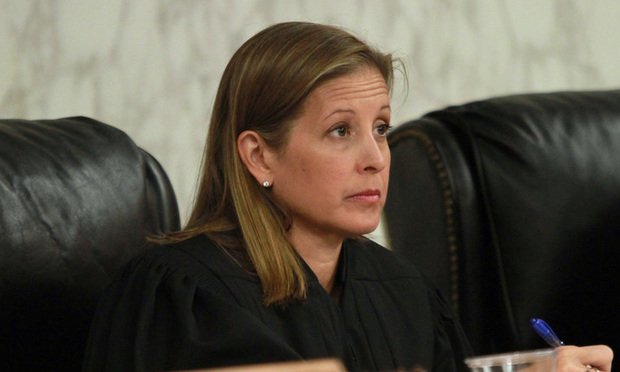 Judge Sara Doyle, Georgia Court of Appeals. (Photo: John Disney/ALM)
Judge Sara Doyle, Georgia Court of Appeals. (Photo: John Disney/ALM)
An $8 million verdict awarded to the family of a stuntman who died on the set of AMC Network's "The Walking Dead" in 2017 has been thrown out by the Georgia Court of Appeals due to the Workers Compensation Act (WCA), which bars tort claims against the production company.
Recommended For You
Want to continue reading?
Become a Free PropertyCasualty360 Digital Reader
Your access to unlimited PropertyCasualty360 content isn’t changing.
Once you are an ALM digital member, you’ll receive:
- Breaking insurance news and analysis, on-site and via our newsletters and custom alerts
- Weekly Insurance Speak podcast featuring exclusive interviews with industry leaders
- Educational webcasts, white papers, and ebooks from industry thought leaders
- Critical converage of the employee benefits and financial advisory markets on our other ALM sites, BenefitsPRO and ThinkAdvisor
Already have an account? Sign In Now
© Touchpoint Markets, All Rights Reserved. Request academic re-use from www.copyright.com. All other uses, submit a request to [email protected]. For more inforrmation visit Asset & Logo Licensing.








